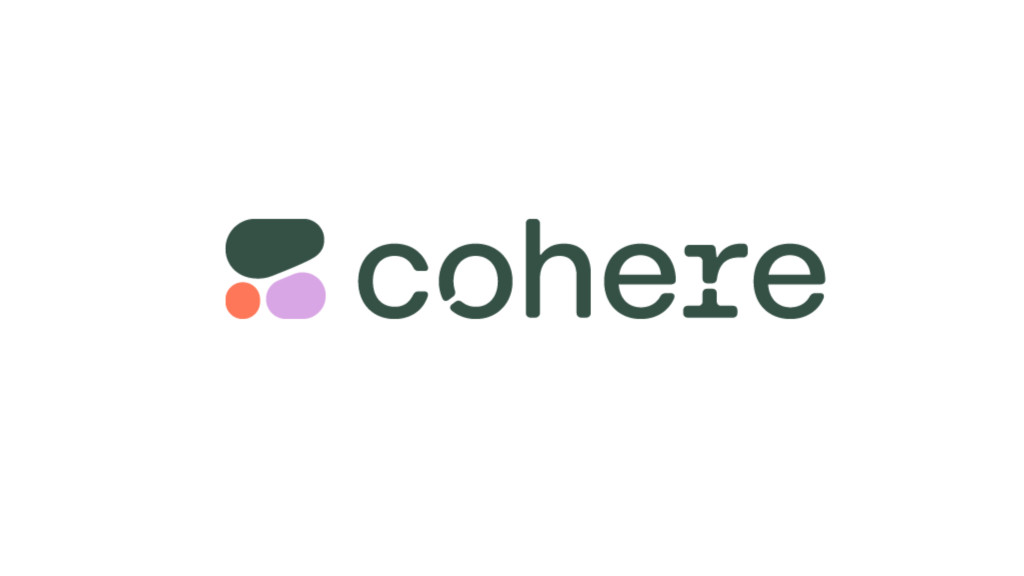

Cohere is a prominent company specializing in enterprise-focused artificial intelligence (AI) solutions. Located in Toronto, Canada, it has contributed significantly throughout 2024 with groundbreaking advancements. These developments span generative AI, multilingual processing, and enterprise-ready AI applications, reflecting Cohere’s focus on driving innovation and enhancing accessibility.
Cohere Toolkit in April 2024: This open-source repository is designed to simplify and accelerate the development of generative AI applications. The toolkit includes production-ready applications that developers can deploy across multiple cloud platforms, ensuring businesses of all scales can leverage cutting-edge AI capabilities without extensive infrastructure investments. By lowering the entry barrier to deploying generative AI, the toolkit aligns with Cohere’s broader mission of democratizing AI for the enterprise world. Developers praised this initiative for providing ready-to-use solutions and resources, including pre-trained models and deployment scripts, drastically reducing development time. This release has particularly impacted small and medium-sized enterprises (SMEs) eager to experiment with generative AI for customer interaction or internal workflows.
Cohere’s flagship generative AI models, Command R, and Command R+, received a major update in August 2024, further solidifying their reputation as leading tools for NLP tasks. The updated versions, command-r-08-2024 and command-r-plus-08-2024, brought improvements, including enhanced multilingual support, refined retrieval-augmented generation (RAG) capabilities, and a stronger ability to follow complex instructions. This upgrade focused on real-world applications, such as creating robust customer support bots, improving document summarization tools, and enhancing systems for complex decision-making.
A standout feature in these updates is the Safety Modes, which allow users to tailor AI behavior to specific organizational requirements. For instance, the STRICT mode ensures that outputs are devoid of sensitive or controversial topics, making these models highly suitable for regulated industries like finance and healthcare. Enterprises have reported significant efficiency gains using these models, particularly in use cases involving data analysis and tool integration.Â
Cohere’s commitment to global inclusivity was evident in October 2024 with the launch of Aya Expanse, a series of advanced multilingual models. These models, available in 8-billion and 35-billion parameter variants, support 23 languages, enabling organizations to break linguistic barriers and reach broader audiences. For instance, Aya Expanse has found applications in multilingual customer support systems, regionalized content generation, and cross-language information retrieval.
In the same month, Cohere expanded its offerings with the launch of Embed 3, a multimodal AI model capable of generating embeddings for both text and images. This release marked a significant leap in AI search technology, allowing companies to derive insights from complex datasets, including visual and textual information. For example, an e-commerce platform could use Embed 3 to improve search functionalities, enabling customers to locate products based on textual descriptions or images. This model’s ability to unify text and image embeddings into a single vector space has been described as a game-changer for industries dealing with large, unstructured datasets.
Cohere also overhauled its developer tools with the introduction of API V2 in September 2024. This update covered key services like Chat, Embed, Rerank, and Classify APIs, making them more intuitive and aligned with industry standards. The V2 endpoints simplify the transition for developers accustomed to other platforms like OpenAI or Anthropic, ensuring a smoother onboarding experience. Feedback from early adopters highlights the improved SDKs and streamlined API calls, which have reduced the development time for integrating Cohere’s AI capabilities. This move underscores Cohere’s focus on enhancing the developer experience, a critical factor for driving wider adoption of its technologies.
Also, in July 2024, Cohere announced a $500 million Series D funding round, raising its valuation to $5.5 billion. This funding round, led by PSP Investments, saw participation from Cisco Systems, Fujitsu, and AMD Ventures. The capital infusion aims to support the continued development of Cohere’s models, emphasizing data privacy, security, and multilingual capabilities. Industry experts have pointed out that this funding reflects strong investor confidence in Cohere’s potential to lead in the rapidly evolving AI sector.
In conclusion, Cohere’s collaborations with leading technology providers further illustrate its ambition to expand AI accessibility. A notable partnership with Oracle integrates Cohere’s generative AI solutions into Oracle’s suite of business applications. This integration automates various business processes, including document management and supply chain workflows, demonstrating the practicality of generative AI in enterprise operations. Cohere’s models are now accessible via cloud platforms like Azure and Amazon SageMaker, offering businesses flexible deployment options to fit their infrastructure. Such partnerships are pivotal in scaling AI adoption across finance, manufacturing, and retail sectors.
Sources
- https://cohere.com/blog/cohere-toolkit
- https://docs.cohere.com/v2/changelog/command-gets-refreshed
- https://cohere.com/blog/aya-expanse-connecting-our-world
- https://cohere.com/blog/multimodal-embed-3
- https://cohere.com/blog/new-api-v2
- https://techcrunch.com/2023/06/08/ai-startup-cohere-now-valued-at-over-2-1b-raises-270m
- https://venturebeat.com/ai/enterprise-ai-startup-cohere-raises-500m-even-as-skepticism-of-sector-grows
Also, don’t forget to follow us on Twitter and join our Telegram Channel and LinkedIn Group. If you like our work, you will love our newsletter.. Don’t Forget to join our 55k+ ML SubReddit.
The post Cohere Evolves Enterprise AI in 2024: Innovations in Generative Models, Multilingual Processing, and Developer Tools appeared first on MarkTechPost.
Source: Read MoreÂ


 ‘
‘